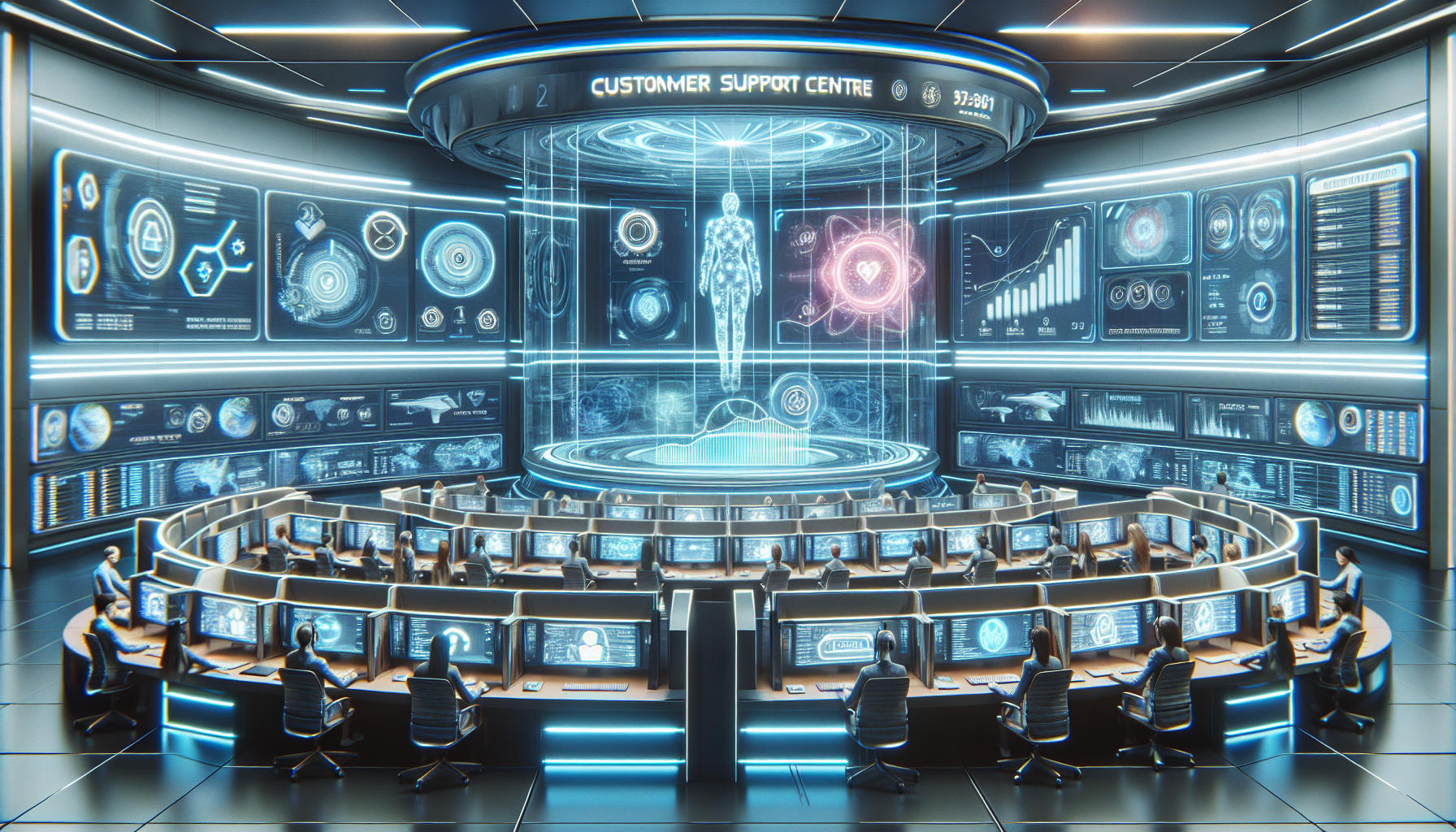The landscape of customer support is evolving at a rapid pace, powered by technology and changing consumer expectations. Businesses are now compelled to adopt more sophisticated tools and strategies to stay competitive in delivering exceptional client services. In this dynamic environment, platforms like Zendesk and Intercom are at the forefront of these innovations, setting trends that are shaping the future of customer support.
The Evolving Dynamics of Customer Support
The digital age has led customers to demand faster, more efficient, and more personalised responses from the businesses they engage with. To meet this demand, companies have started to pivot from traditional support channels towards more advanced, integrated customer support platforms. A 2023 report from Gartner indicates that approximately 70% of customer interactions now involve emerging technologies such as machine learning applications, chatbots, and mobile messaging.
Zendesk: Leading Through Innovation
Zendesk continues to be a leader in the customer support industry with its robust suite of tools designed to enhance customer experience. One major trend is the integration of artificial intelligence, where Zendesk utilises AI to streamline customer interactions. Their answer bot feature, a form of AI-driven automation, can handle simple queries on its own, vastly reducing response time and freeing up human agents to tackle more complex issues.
Additionally, Zendesk’s emphasis on omnichannel support ensures that customer interactions are seamless across various platforms, whether it be email, live chat, social media, or phone calls. This integrated approach helps companies maintain a consistent communication stream, which improves customer satisfaction and loyalty. Their most recent update, Zendesk Sunshine, allows businesses to customise their data models and integrate third-party applications, thus facilitating a more tailored experience for customers.
Intercom: Pioneering Personalised Communication
Intercom, on the other hand, has made significant strides in personalising customer communication. With its comprehensive suite of messaging-first products, Intercom focuses on establishing more engaging and human interactions with clients. Recent enhancements in their product line include advanced behavioural data tools that assess and predict a customer’s needs, allowing businesses to anticipate queries before they even arise.
Their live chat feature, which can be embedded within a company’s own platforms, uses sophisticated algorithms to match customers with the best possible agent based on past interactions. This approach has been proven to decrease resolution times by up to 40% according to a study by Forrester Research in 2023. Furthermore, Intercom’s proactive messaging can identify key customer engagement opportunities, prompting businesses to reach out at optimal moments.

The Role of Data Analytics in Customer Support
Both Zendesk and Intercom are investing heavily in data analytics to enhance customer support. Data analytics plays a crucial role in understanding customer behaviour, preferences, and pain points. Zendesk’s Explore and Intercom’s Reporting and Analytics tools provide businesses with detailed insights that help tailor support strategies and improve service delivery. By analysing patterns in customer interactions, businesses can predict future behaviour and proactively resolve potential issues.
Moreover, these platforms offer real-time analytics dashboards which provide instant performance feedback, enabling support teams to adjust and optimize their efforts on the fly. As noted in a 2023 analysis by McKinsey, companies that leverage data-driven decision-making in customer support see a 15% increase in customer satisfaction levels.
AI and Automation: The Future of Customer Interaction
The use of AI and automation continues to play an increasingly important role in customer support. With predictions indicating that by 2025, 85% of customer interactions will be managed without a human agent, platforms like Zendesk and Intercom are investing in smarter AI capabilities. These include predictive AI which anticipates customer needs and conversational AI which enables seamless and natural interactions with automated systems.
The impact of these technologies is twofold: they not only enhance the efficiency and effectiveness of customer support but also contribute to an overall improved customer experience. By automating routine tasks, companies free up their human agents to engage in higher-value interactions, thus optimally utilizing their resources.
Emerging Trends and Conclusion
As we look to the future of customer support, it’s clear that technology will continue to drive change. Trends such as hyper-personalisation, seamless integration of services, and proactive engagement will dictate how businesses interact with their clients. As Zendesk and Intercom have shown, the use of innovative technologies like AI, omnichannel services, and advanced data analytics are crucial in forging stronger, long-lasting relationships with customers.
For businesses poised to leverage these advancements, the time to act is now. By adopting these cutting-edge solutions, companies can not only keep pace with consumer expectations but also gain a competitive advantage in an increasingly crowded market. As you contemplate the future of your business’s customer support strategy, consider how integrating platforms like Zendesk and Intercom can transform your client services and drive sustained growth.
Discover how Pineo can assist your business in navigating these customer support trends with tailored solutions that align with your strategic vision.





